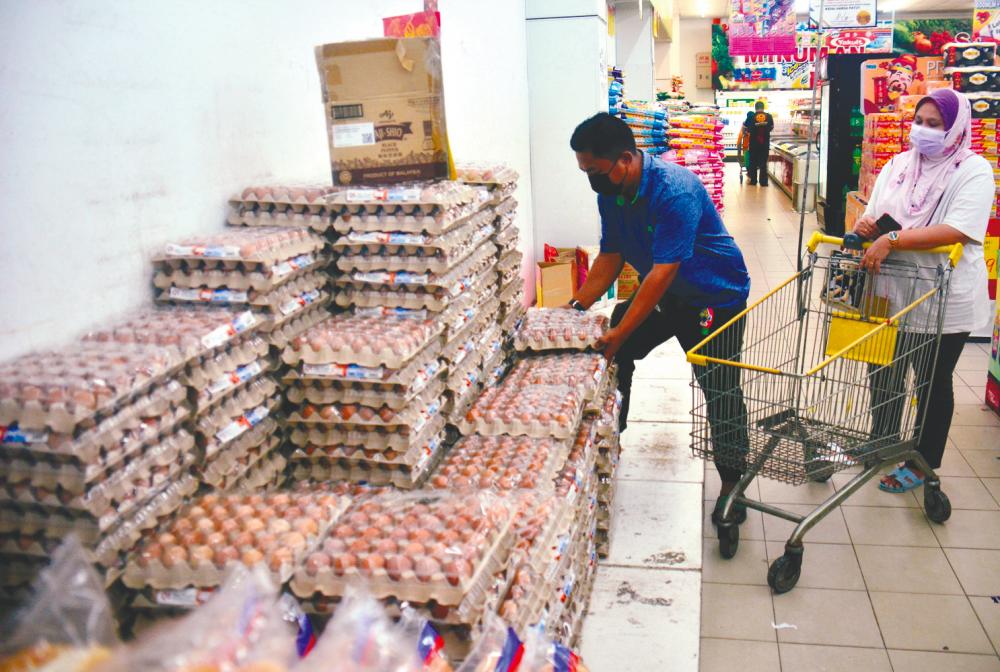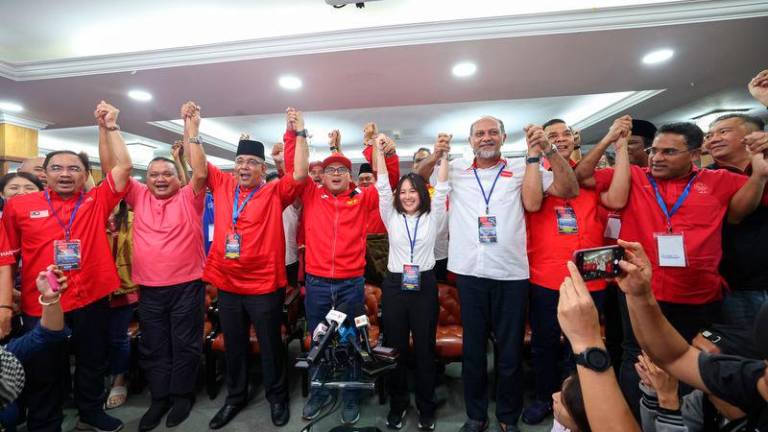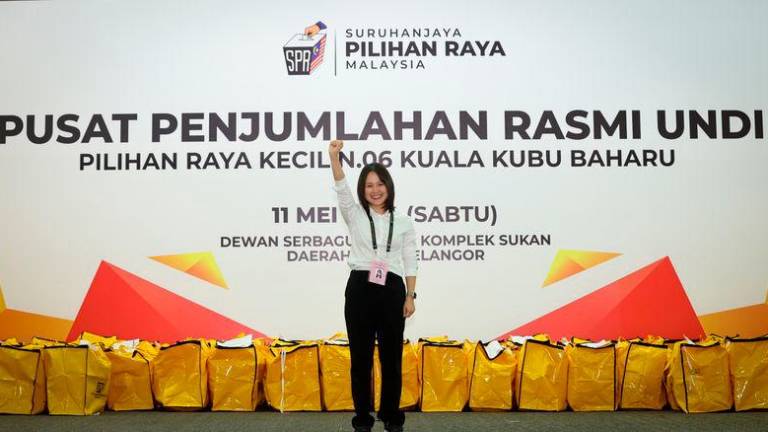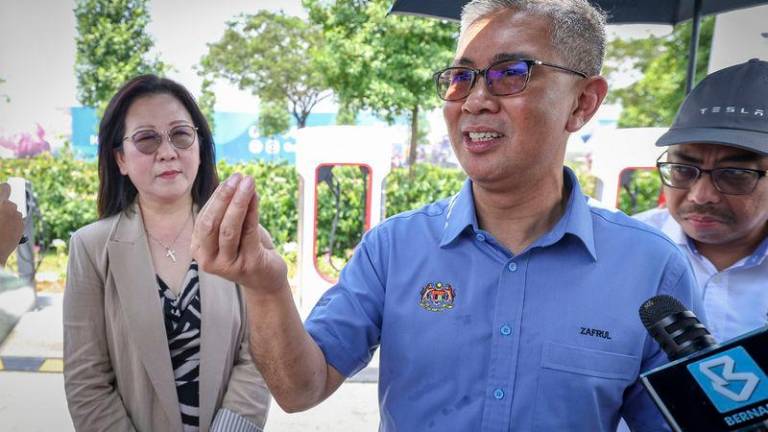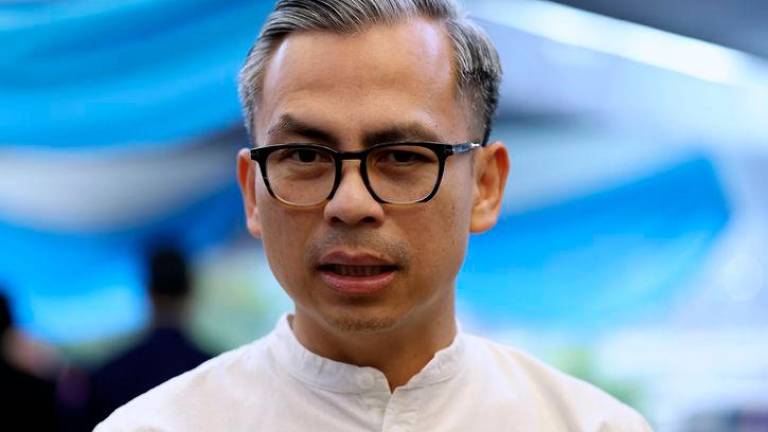PETALING JAYA: The market is expecting inflationary pressures to ease in the second half of the year, albeit the rate will remain high, according to Socio-Economic Research Centre (SERC) executive director and economist Lee Heng Guie.
Lee said price controls, subsidies and allowing more approve permits to import frozen products are among the short-term measures implemented to contain inflation.
“The prices of goods such as chicken, flour and eggs have increased at the local markets. The government has no choice but to subsidise the prices of the goods and to impose price ceilings, but imposing a price ceiling is a short-term measure. If it is there for too long it will hurt the profit margins of producers and businesses. The intention of imposing a price ceiling is to make them affordable to the public,“ he told SunBiz.
Lee said that as the country’s economy is recovering, the high cost of materials and ingredients will impede the recovery if appropriate measures are not implemented to help ease costs for businesses and consumers.
“It is a big challenge for the government now as they are trying to achieve a balance between supporting the economic recovery and keeping the costs manageable for businesses and easing inflation pressures on consumers.
“The inflation rate is still tilted to the upside with cost and price pressures, and with few things to take note – such as the electricity surcharge for commercial and industrial entities and subsidy for RON 95 and kerosene. The question is how long the government can provide subsidies at the current rate. The government may increase petrol prices at some point,“ he said.
Lee said the government should start to think about contingency plans if the inflation rate remains high.
“What started as a cost-push could be reinforced by the demand to compensate for the rising cost of living. That is why (there is) the proposal of increasing the minimum wage, to mitigate the rising cost of living.
“With many uncertainties looming over the growing inflation rate, minimum wage, and the labour market conditions, Bank Negara Malaysia (BNM) is facing a trade-off between supporting the economic recovery and stabilising inflation,“ he said.
The inflation rate in the United States accelerated to 7.5% on an annual basis in January 2022, the highest since February 1982 and well above market forecasts of 7.3%, due to soaring energy costs, labour shortages and supply disruptions coupled with strong demand.
“There is a gap with the US interest rates. With last week’s reported inflation rate, the market is expecting at least seven hikes (the US raising its key interest rate three times this year, starting in March, to 0.75-1.00% by the end of 2022).
“It is an aggressive expectation. More hikes than expected will put pressure on Malaysia in terms of capital outflow, the impact of foreign exchange on ringgit, which means we have to pay more for imported goods, and that will make inflation higher,“ he said.
Meanwhile, BNM expects inflation to remain moderate in 2022, closer to its long-term average, while core inflation is likely to remain modest this year.
Last Friday, BNM governor Tan Sri Nor Shamsiah Mohd Yunus said the central bank would remain vigilant on the ongoing developments in demand and cost pressures and would continue to actively engage with industry players to examine price dynamics closely as economic conditions improve.
“We expect that household spending will continue to support growth this year. The easing of containment measures and improving the job market as well as income conditions are factors that will lift consumption activity.
“However, developments surrounding the pandemic, particularly if utilisation of healthcare capacity comes under stress and price pressures from supply constraints may weigh on sentiment and actual spending,“ she told reporters after announcing Malaysia’s economic growth for the fourth quarter of 2021 (Q4’21). Headline inflation increased to 3.2% during Q4’21 (Q3’21: 2.2%), due mainly to the normalisation in electricity prices following the lapse of the three-month electricity bill discount implemented in July 2021. Core inflation increased marginally to 0.8% during Q4’21 (Q3’21: 0.7%) as economic reopening gathered momentum. For 2021 as a whole, average headline inflation was 2.5% (2020: -1.2%), while core inflation averaged at 0.7% (2020: 1.1%).



